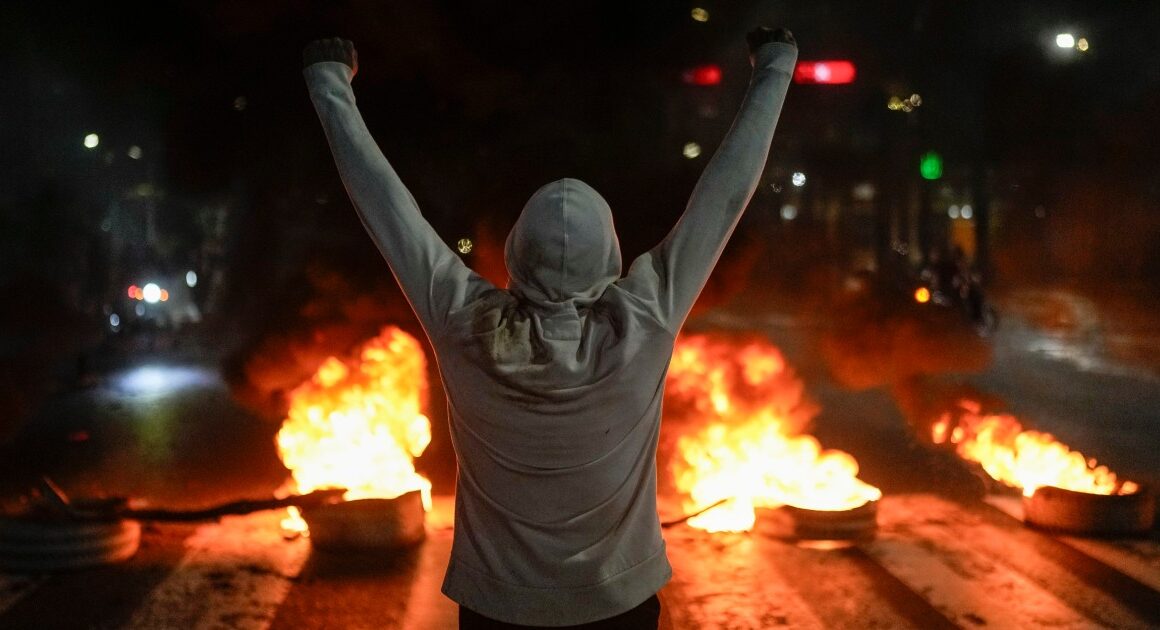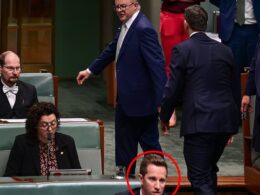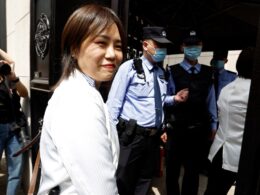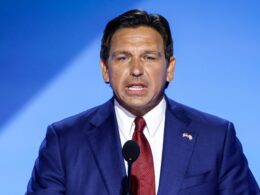There are ongoing diplomatic efforts after the Organization of American States failed to pass a resolution to put more pressure on President Nicolás Maduro to present evidence showing he legitima tely won Venezuela’s presidential election.
Most member nations have refrained from recognizing the official results announced by Maduro’s regime, while som e e vidence suggests that opposition candidate Edmundo González actually won the majority of votes.
The uncertainty over the election results is fueling a fear of increased protests and violence amid the international debate and lack of consensus on how to react. The presidents of Brazil, Colombia and Mexico plan on having a call Thursday to discuss ways to persuade Maduro to release vote tallies.
On Thursday afternoon, main opposition leader Maria Corina Machado said in an opinion piece in T he Wall Street Journal, “I am writing this from hiding, fearing for my life, my freedom, and that of my fellow countrymen from the dictatorship led by Nicolás Maduro.”
“Venezuelans are ready to throw off the dictatorship. Will the international community support us?” Machado pleaded.
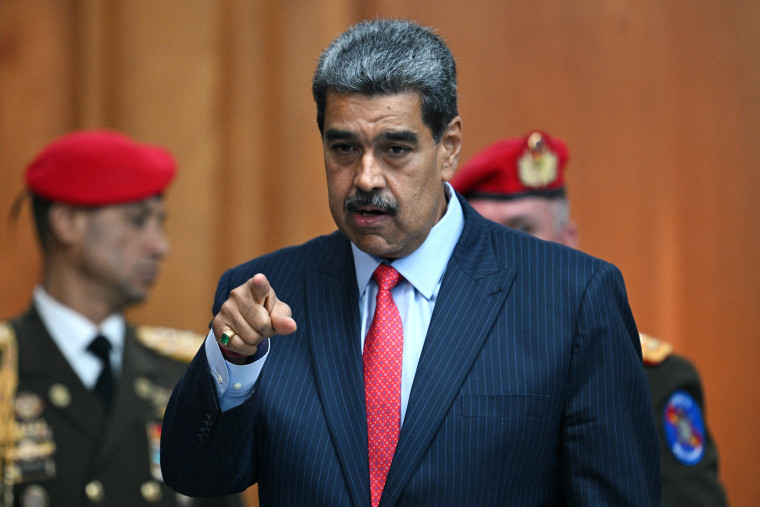
The OAS is considered to be the most important forum for regional diplomacy in the Western Hemisphere — focusing on foreign policy, human rights, electoral oversight and social and economic development in the region.
Member nations convened on Wednesday to discuss the Venezuelan election’s aftermath, in which both Maduro and González have claimed victory.
The OAS then voted on a resolution that would have pressured the Maduro regime to immediately publish precinct-by-precinct voting tallies crucial to corroborating official election results and to a verification process involving international observers.
The meeting occurred at the request of Argentina, Canada, Chile, Costa Rica, Ecuador, Dominican Republic, Guatemala, Panama, Paraguay, Peru, United States and Uruguay. All have called into question the results announced by Venezuela’s National Electoral Commission, which claimed Maduro was re-elected for a third term after winning 51% of the votes. A lot of these nations have also supported the opposition, which released evidence Wednesday showing González won 66% of the votes.
The resolution received 17 votes in favor and no votes against. But 11 abstentions and five absences caused the resolution to not get the absolute majority needed for approval.
Brazil and Colombia, who are close allies of Maduro, most notably abstained, and Mexico was remarkably absent.
The world is paying close attention to how the distinctly left-wing presidents of these three Latin American nations react to what’s happening in Venezuela because they are viewed as figures who “ could play an important role if they decide not to recognize Maduro’s victory,” according to Edgar Franco-Vivanco, an assistant professor of political science at the University of Michigan, who specializes in Latin American politics.
“Moreover, the leaders of these countries could become crucial intermediaries between Maduro’s government and Western powers, who are generally unknown to the Latin American left,” Franco-Vivanco said in a statement in Spanish.
The leaders of these nations have not yet recognized Maduro’s win and are demanding that all voting tallies to be published. But there are nuances in their stances.
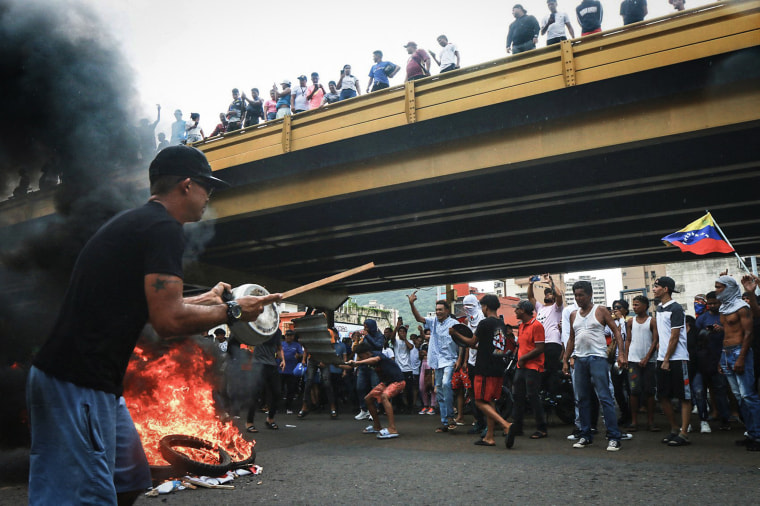
Mexican President Andrés Manuel López Obrador has refrained from siding with the Venezuelan opposition in alleging fraud in the presidential election, saying “ there is no evidence” and accusing the OAS of “interventionism.”
“We do not agree with the OAS’ biased attitude,” López Obrador said Wednesday during his daily morning press conference.
Brazilian President Luiz Inácio Lula da Silva said he believes it has been “a normal electoral process,” and Colombian President Gustavo Petro — both leftist governments — have warned of “serious doubts surrounding the electoral process.”
However, on Thursday, Petro insisted he will not interfere in Venezuela’s presidential election.
“It is not a foreign government that should decide who is the president of Venezuela,” Petro said on X. “It is up to the Venezuelan people to reach a political agreement to end the violence in their country and to establish a transparent way in which a vote count can be carried out with guarantees for all.”
Rising death toll
The Venezuelan nongovernmental organization Pro Vea has identified 15 protesters who have been killed since demonstrations began Monday after election authorities loyal to Maduro declared him the winner, it said Wednesday, adding that it is continuing to verify more reports of deaths.
Among those killed was 15-year-old Isaias Fuenmayor. His family claims he was killed by Venezuelan armed forces during antigovernmental protests.
Noemi Fuenmayor, Isaias’ sister, told Reuters that he was shot at close range as he was on his way back from a quinceañera rehearsal when he stopped to look at the protesters.
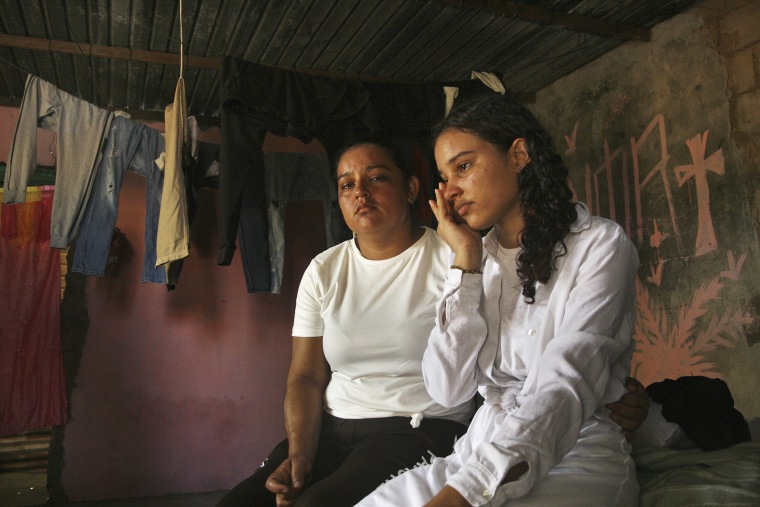
“We just want this to be over because we don’t want other mothers to suffer like Isaias’ mother is suffering,” said Angelica Gonzalez, Isaias’ aunt, as she marched alongside other mourners who carried the teenager’s coffin through the streets of San Francisco in the city of Maracaibo.
It’s estimated that at least 93 have also been injured as a result of the protests, according to the National Hospital Survey, a large-scale data collection organization. More than 1,000 people have also been detained, according to Venezuelan Attorney General Tarek Saab.
After the failing vote at the OAS, Luis Almagro, the organization’s secretary general, said he will call on the International Criminal Court to arrest Maduro for previously threaten ing a “bloodbath” if he’s not elected.
Considering that Maduro retains control over the Venezuela’s army, police force, justice system and violent paramilitary gangs, Franco-Vivanco said “we are likely to see more violence on the streets of Venezuela in the coming weeks.”
“They will use repression and violence to contain the protests,” he said. “The question here is how long the protests can withstand this political repression.”
For more from NBC Latino, sign up for our weekly newsletter.
,




